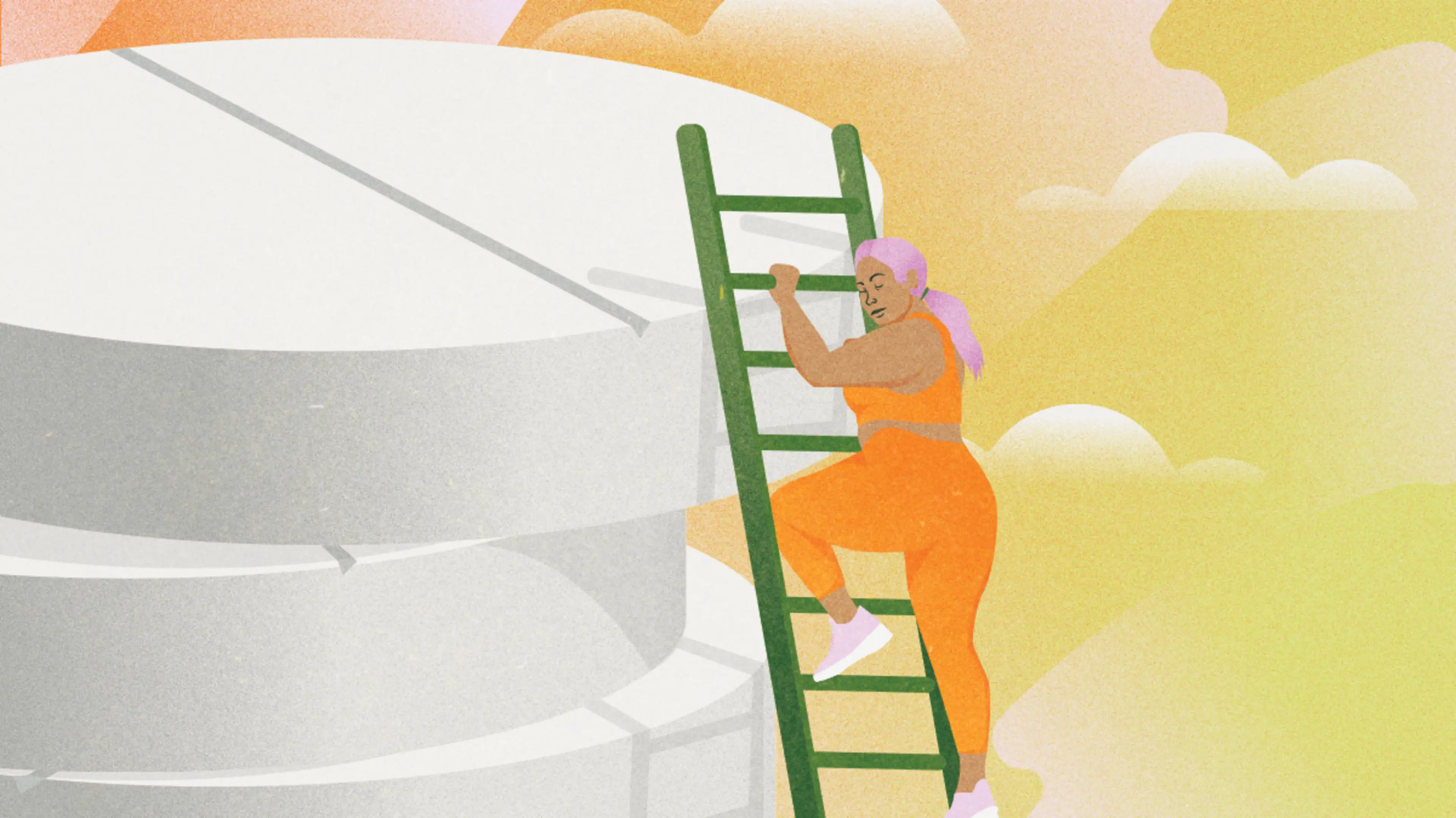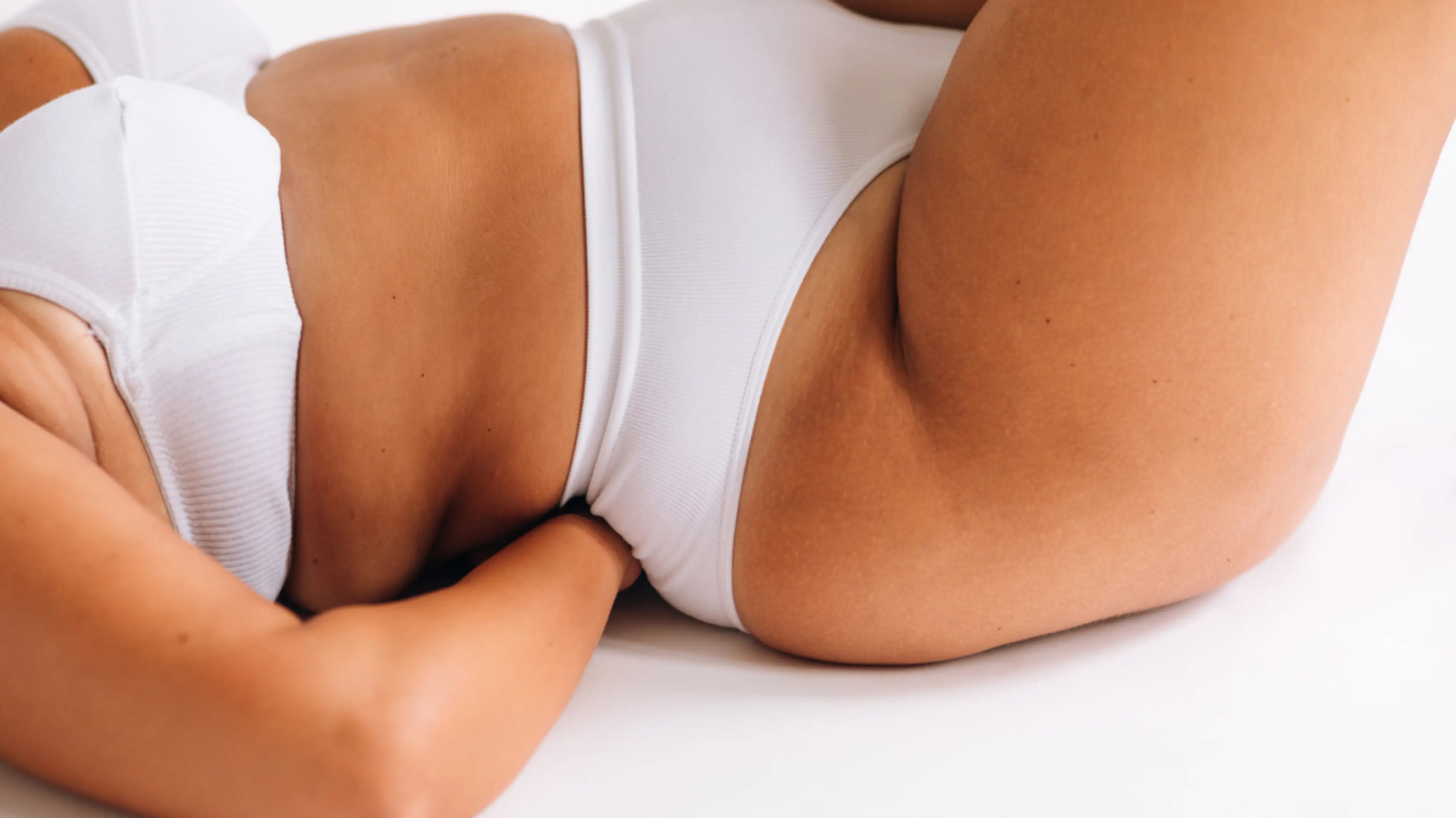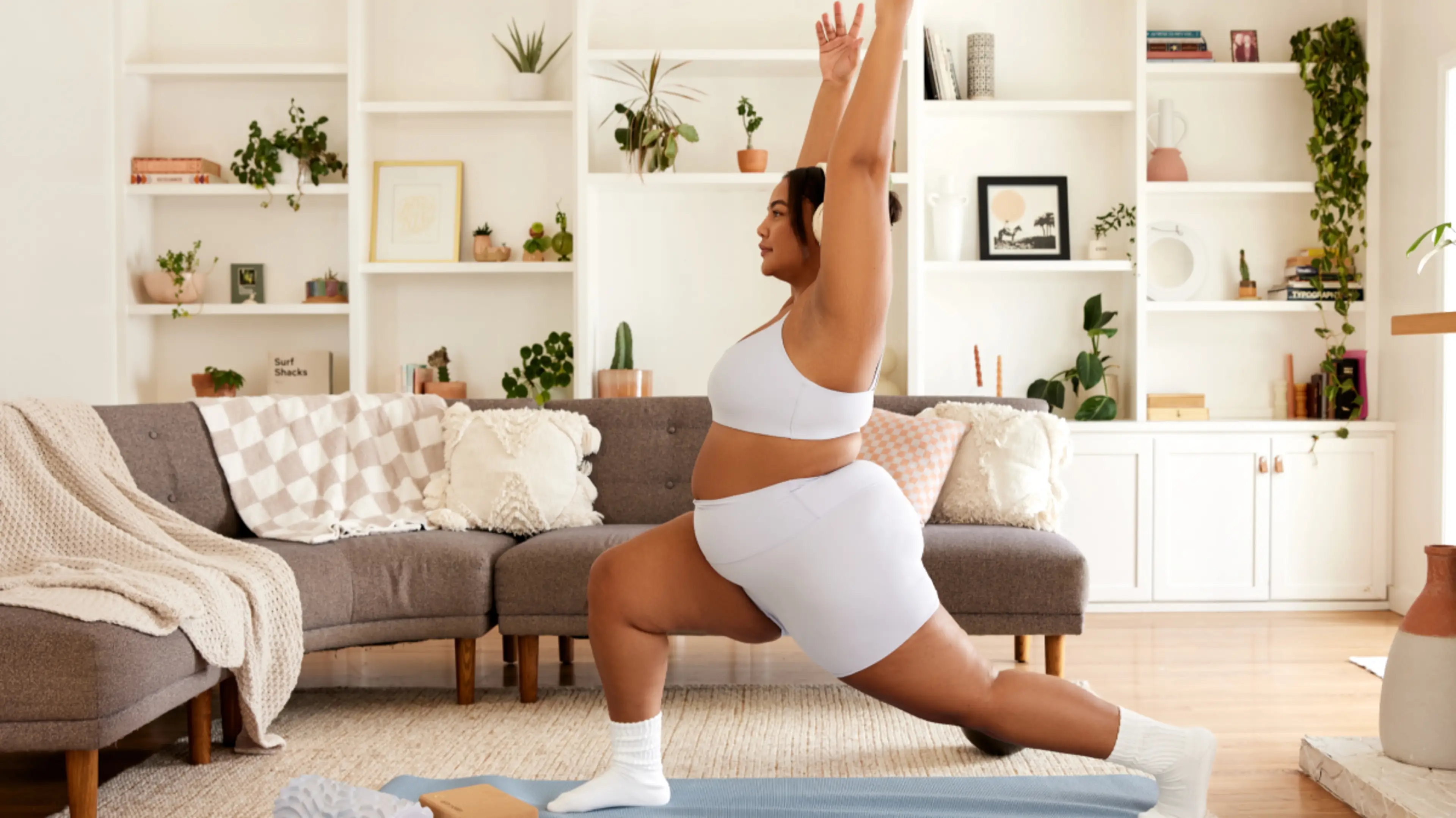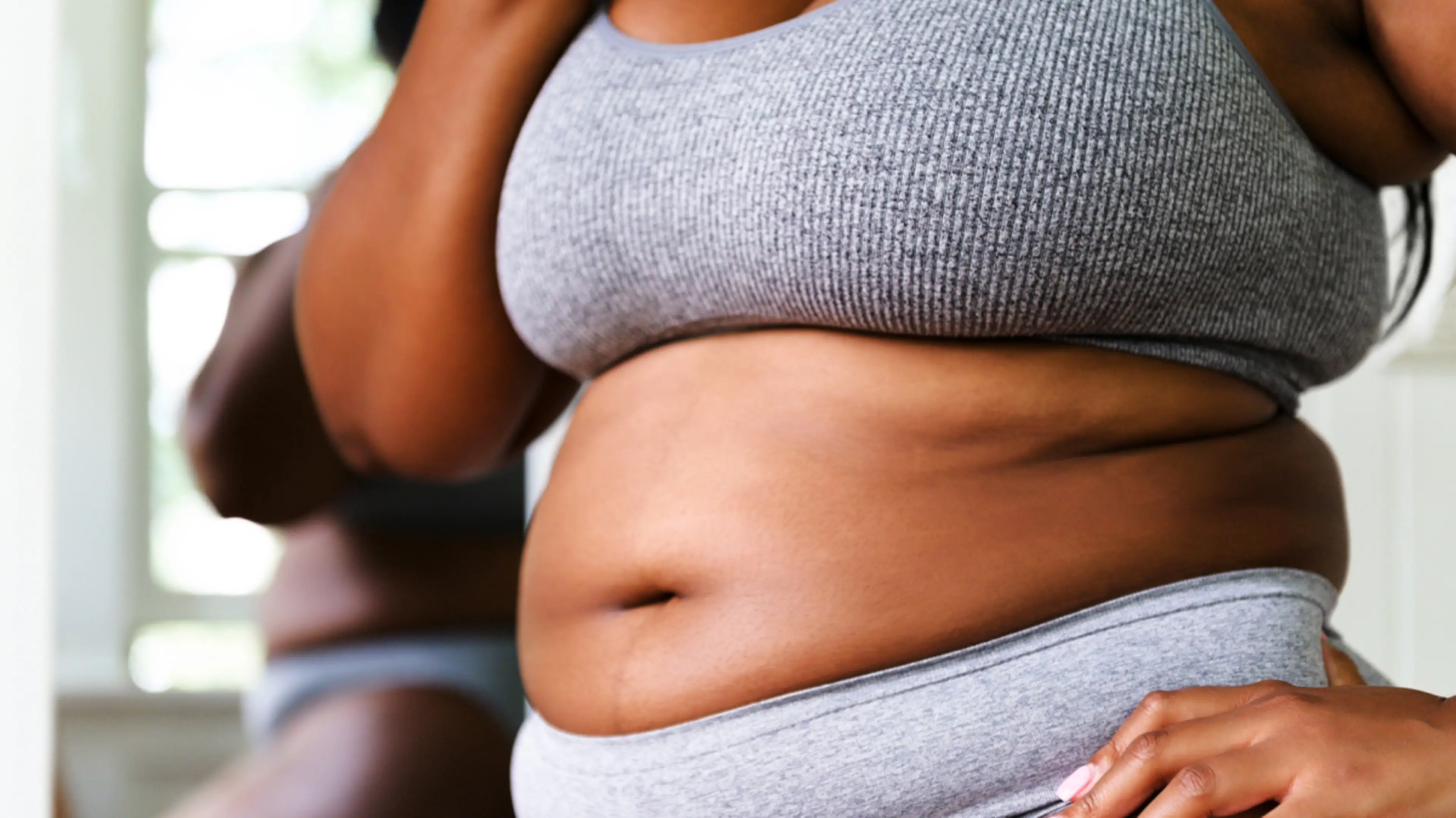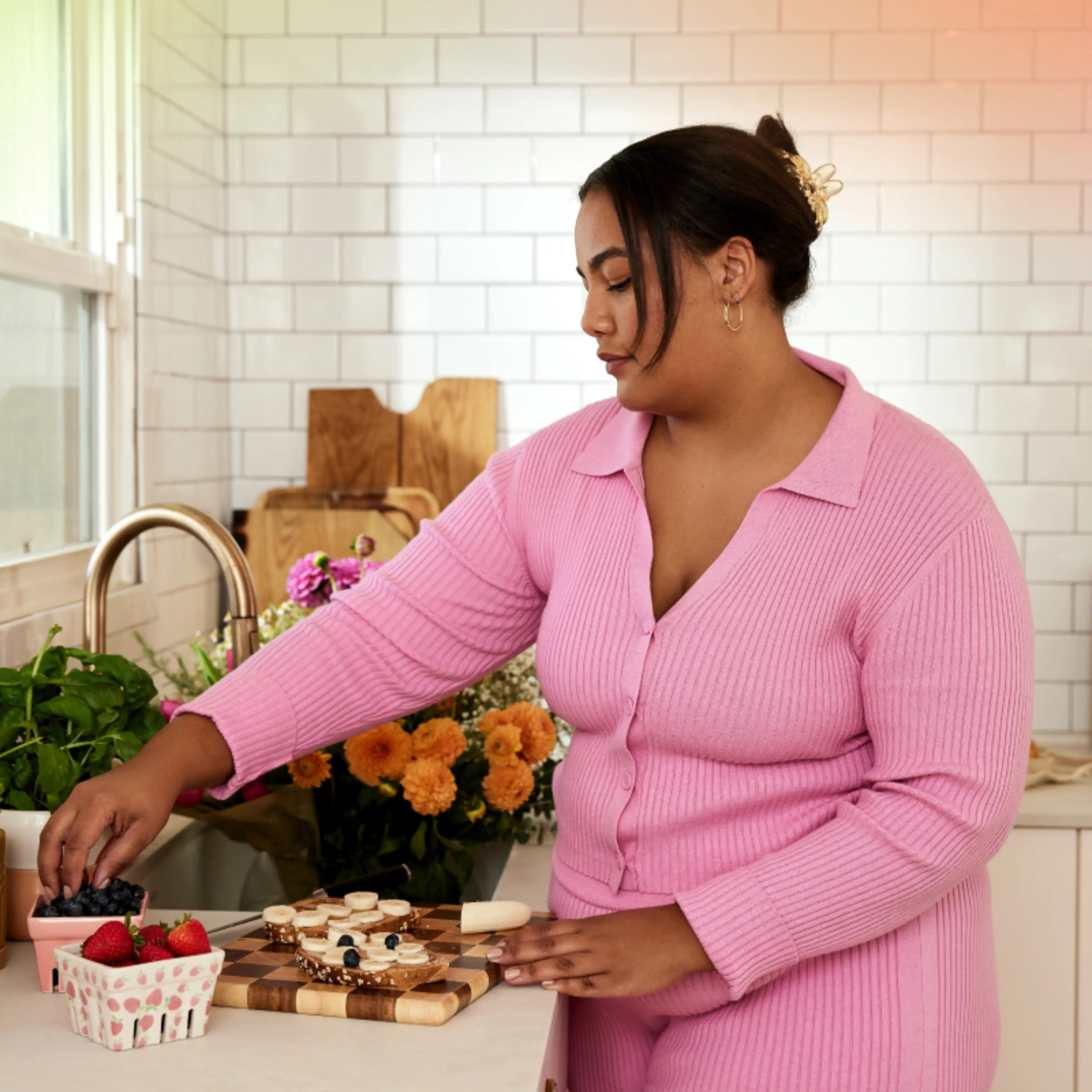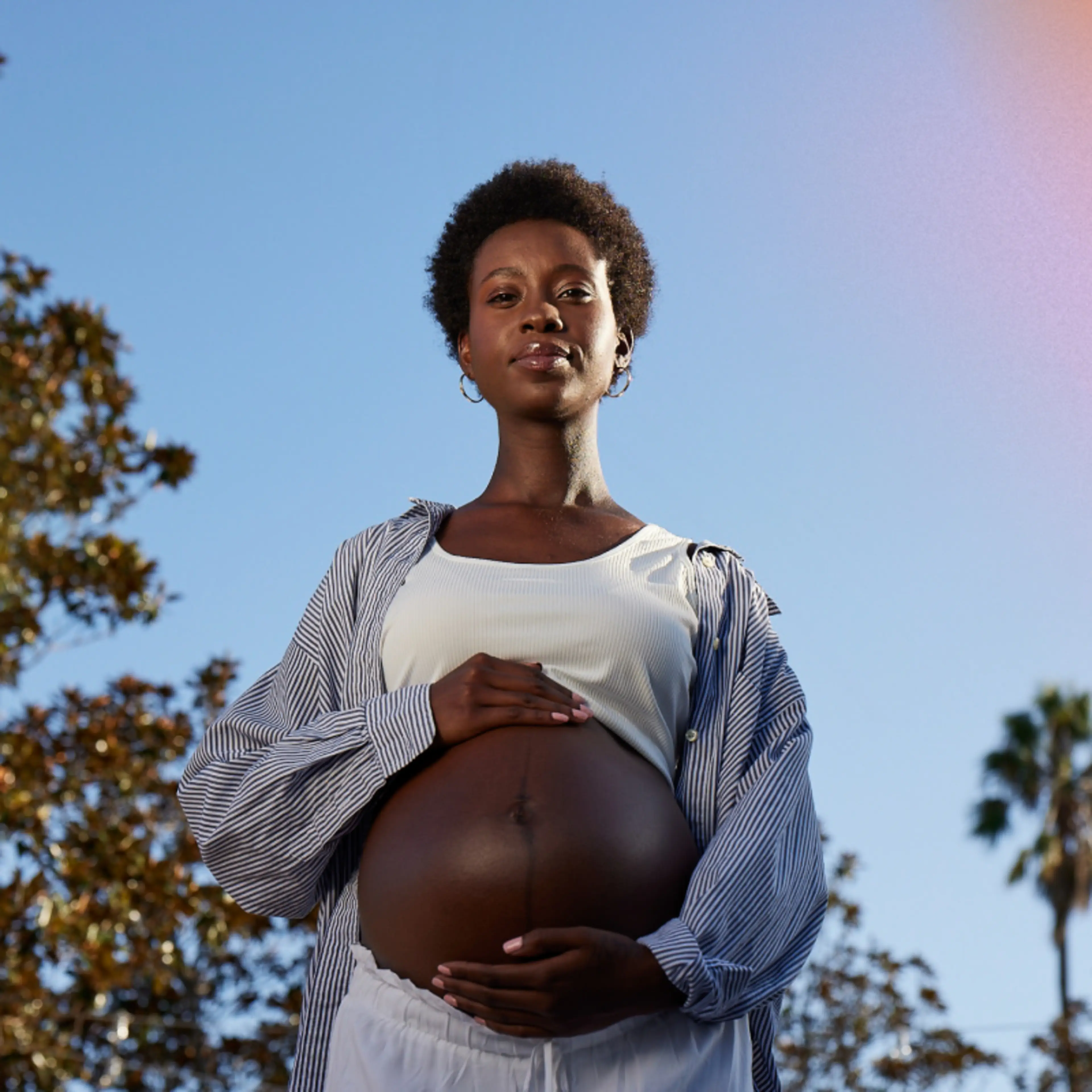Whether you’re ready to have a baby or have just decided that the pill isn’t for you, navigating the transition off of hormonal birth control can be a difficult journey. What happens when you stop can be scary to consider, especially given the horror stories of uncomfortable symptoms, painful periods, major acne, or panic attacks and anxiety. The thought of dealing with these side effects can be even worse if you’ve been on the pill for years.
The first thing to know: none of these symptoms are a given. Second: there are ways to help your body ease the transition off of hormonal birth control pills and mitigate any uncomfortable changes that do happen.
Common Symptoms When You Stop Birth Control Pills
How you might feel when stopping birth control pills depends largely on how you felt before you started. “If you started the pill for symptom management and have done nothing to address those, you can expect them to come back when you stop the pill,” says Jolene Brighten, a board-certified naturopathic endocrinologist and author of Beyond the Pill1 . “But for some people, new symptoms may arise that can range from acne and missing periods to mood symptoms like depression or anxiety. It is also possible to come off the pill and not notice any significant difference, too,” she says.
These symptoms arise from the way birth control pills work, which is by suppressing ovarian function and brain-ovarian communication. When you stop taking them, this connection takes some time to restore and comes with symptoms like rebound testosterone and unbalanced hormones.
After birth control, your period might look a little different than you’re used to: think longer and heavier. This is especially true if heavy bleeding is one of the reasons you started birth control in the first place. The mental health concerns are no joke, either: a recent study found an increase in mental health conditions in those who paused the pill2 after taking it for at least six months, with anxiety and depression rising significantly in the months that followed. Headaches and a decrease in cervical mucus are possibilities, too.
“The symptoms can last anywhere from three to six months, typically. In some people, however, the symptoms can go on much longer if not addressed,” Brighten says.
Despite the unpredictability of these symptoms, you’re not required to just wait for them to pass. By being aware of what might happen—and most importantly supporting your body through the changes—navigating the transition off of birth control can be an easier journey.
How to Support Your Body After the Pill
The experts we spoke with had a few recommendations for supporting your body post-birth control, but nothing was more important than adding nutrient-dense foods to your diet. Specifically, foods with nutrients that birth control pills can actually deplete. “Women who have been taking the birth control pill may have lower levels of important nutrients in their blood, including folic acid, riboflavin, B6, B12, vitamin C, vitamin E, magnesium, selenium, and zinc. This is a great time to get started on a high-quality prenatal vitamin, even if you’re not planning to get pregnant right away,” says Kalea Wattles, a naturopathic physician specializing in fertility and reproductive health.
Focusing on protein and fiber while limiting added sugar can further support hormones and metabolic health, explains Brighten. “I also recommend bringing in probiotic and prebiotic foods to support gut health. Kimchi, sauerkraut, fermented pickles, and Jerusalem artichoke are some examples of these foods,” Brighten says.
A hormone- and gut-supporting diet can also help your intestinal barrier function and optimize estrogen metabolism. “Use of an oral contraceptive can contribute to intestinal permeability, or ‘leaky gut.’ When the intestinal barrier is more permeable, proteins can traverse the intestinal lining and enter our circulation, where they can trigger an inflammatory response throughout the body,” explains Wattles. For this, try bone broth, the aforementioned pre- and probiotic foods, foods rich in antioxidants including vitamin C, vitamin E, and quercetin (like citrus fruits and apples), and zinc, which is found in high amounts in oysters, beef, and sunflower seeds. Include fiber-rich, cruciferous vegetables like broccoli to aid estrogen metabolism.
A high fiber and protein diet has another benefit: supporting healthy blood sugar levels. The birth control pill can cause insulin resistance3 , which can affect everything from your mood, energy levels, and risk of developing diabetes in the future. Eating in a way that balances blood sugar is especially important for those who first started the pill due to PCOS4 , a syndrome that impairs blood sugar control on its own.
How you eat can even support you through mood changes, like anxiety and depression. “There is a hypothesis that the inflammatory effect of the pill may be in part why some people experience mood symptoms. Incorporating omega-3 rich foods like cold water fish, turmeric, ginger and fresh vegetables in the diet will help deliver anti-inflammatory benefits that may help with mood,” says Brighten.
A combination of all these support systems can help when it comes to developing skin changes or acne after stopping birth control, especially following a low glycemic diet, taking omega-3 fatty acid supplements or ingesting seafood, and managing testosterone levels, suggests Brighten.
But food isn’t the only way to support the body; lifestyle changes play a part, too. “Mood shifts can be expected during this time, but if there is anything that makes you feel like you’re out of control or is keeping you from living your best life, getting support from a mental health specialist is important. You can also employ lifestyle therapies that focus on stress reduction like walking, yoga, journaling, meditation, or mindfulness practices,” says Brighten.
Getting Pregnant After the Pill
If pregnancy isn’t in the plan, start using a backup form of birth control. “Ovulation precedes menstruation, so you may be fertile before you realize,” reminds Brighten. Non-hormonal methods, like condoms, a copper IUD, or natural family planning, can be a good alternative.
If you are prepping for conceiving, know that taking the birth control pill won’t cause issues on its own, and most women are fertile soon after stopping. There’s some instances where birth control pills can mask other conditions, like PCOS, which may affect fertility and make it harder to become pregnant. “If menses does not return within three months of discontinuing the pill, it can be helpful to do further blood work to understand how hormones are behaving,” advises Wattles.
To make conception post-pill easier, start becoming reacclimated with your cycle. “While it may take a few cycles for your menses to be more regular, it’s helpful to make tracking your cycle a habit. I encourage patients to note important biomarkers of fertility, including their cervical fluid, their basal body temperature, and urinary levels of luteinizing hormone (also known as an ‘ovulation predictor kit’ or OPK). These markers help couples to identify their fertile window and can help them conceive more quickly,” Wattles says.
Ideally, plan to give yourself several months after stopping the pill to begin trying to conceive. “There are studies to suggest that giving yourself three months after coming off the pill to prepare your body for conception can be highly beneficial. The pill can deplete some of the most crucial nutrients for pregnancy, like B12, folate, and magnesium. So it is wise to focus on building up these nutrients with diet and supplementation,” Brighten says.
Post-pill symptoms can be unpredictable, especially if you’ve spent years on hormonal birth control. Pre-pill symptoms can come back, or you might deal with new and unpleasant ailments: anxiety, acne, period pain or irregular periods, and more. Giving your body the support it needs through nutritious foods and lifestyle changes can make the transition off of birth control a whole lot easier. Whether you plan to become pregnant or not, life after hormonal birth control doesn’t have to be complicated.

